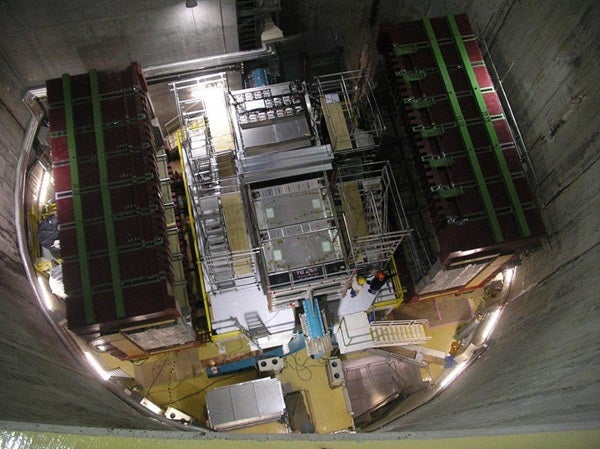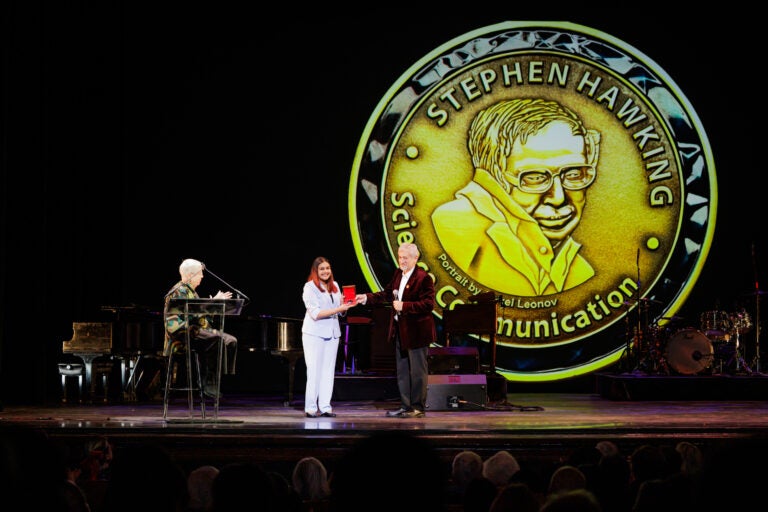United Kingdom’s particle physicists working on the T2K (Tokai-to-Kamioka) neutrino experiment in Japan celebrated November 24 as the experiment detected its first neutrinos — fundamental particles that are among the least understood in the universe.
T2K — an international experiment led by Japan and partly funded by the UK’s Science and Technology Facilities Council (STFC) — will probe the strange properties of the enigmatic neutrino to unprecedented precision. They will fire the most intense neutrino beam ever designed from the east coast of Japan, all the way under the country, to a detector near Japan’s west coast.
Neutrino oscillations are one of the frontiers of current particle physics, and the T2K project will move us one step closer to understanding the role of the neutrino in the early universe and may even shed light on the mystery of why there is more matter than anti-matter in the universe.
“It was extremely satisfying to see the first events in the detector,” said Dave Wark from the Imperial College London and the STFC Rutherford Appleton Laboratory. It has been the result of a lot of hard work by a large number of people.
Neutrinos interact weakly with matter, and thus pass effortlessly through Earth (and mostly through the detectors). Neutrinos exist in three types — electron, muon, and tau. They are linked by particle interactions to their more familiar charged cousins like the electron. Measurements over the last few decades have shown that neutrinos possess the strange property of neutrino oscillations, whereby one type of neutrino will turn into another as they propagate through space. Neutrino oscillations, which require neutrinos to have mass and therefore were not allowed in our previous theoretical understanding of particle physics, probe new physical laws and are of great interest in the study of the fundamental constituents of matter.
“Within a year, T2K should have sensitivity to neutrino properties beyond any existing experiment, and the search for the unknown will begin,” said Wark.
“We’re very excited to be a part of the T2K project,” said Keith Mason, CEO of the STFC. Neutrinos are incredibly difficult to detect but, with the skilful engineering that has gone into this experiment, we will soon be able to learn much more about these elusive particles, further understand their role in the formation on the universe, and improve our model of particle physics.”










